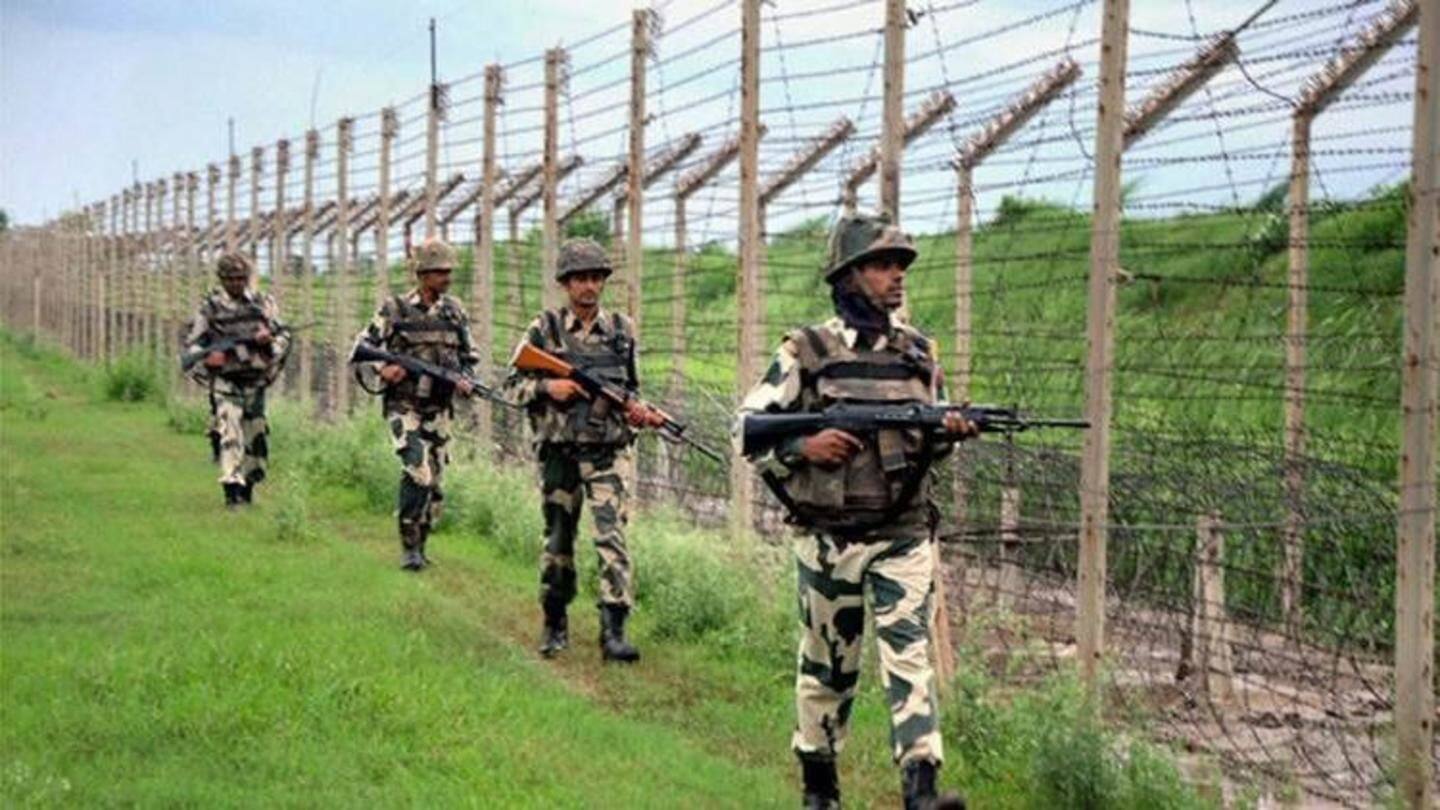
Infantry guarding borders to get new rifles, carbines, LMGs soon
What's the story
Indian infantry guarding borders with Pakistan and China are finally set to receive a small number of assault rifles, close-quarter combat (CQB) carbines, and light machine guns under the fast-track procedure (FTP) after over a decade of delay. Defense Ministry sources said that initial tenders or requests for proposals (RFPs) for 182,774 arms have already been issued to select foreign armament companies. Here's more.
Do you know?
What is the FTP route for procurement of weapons?
The fast-track procedure (FTP) route is used for critical operational necessity. The Defense Procurement Procedure has a strict timeline for FTP which requires tenders to be issued within 10 days of a procurement case being cleared by the Defense Acquisitions Council (DAC).
Delivery of weapons
Weapons delivery to take place within 3-12 months
Tenders were issued for 72,400 assault rifles, 93,895 CQB carbines, and 16,479 LMGs for a total cost of Rs. 5,366 crore. However, after a couple of months' delay in issuing tenders after the Nirmala Sitharaman-headed DAC approved the purchase, the delivery of weapons, as it stands, will take place within three to 12 months.
Data
The Indian Army's overall requirement for firearms
The 182,774 firearms to be procured are meagre compared to the Indian Army's overall requirement. For instance, the Indian Army has an overall requirement for 8.16 lakh 7.62mm x 51mm assault rifles, 4.58 lakh 5.56mm x 45mm CQB carbines, and 43,544 light machine guns.
Initial requests
The Army had asked for new weapons back in 2005
The Indian Army had first asked for new assault rifles and CQB carbines for its 382 infantry battalions consisting of 850 soldiers each way back in 2005. The case for procurement of light machine guns was initiated four years later in 2009. But these long-drawn procurement projects were repeatedly scrapped owing to graft allegations, unrealistic technical parameters, and the lack of robust indigenous options.